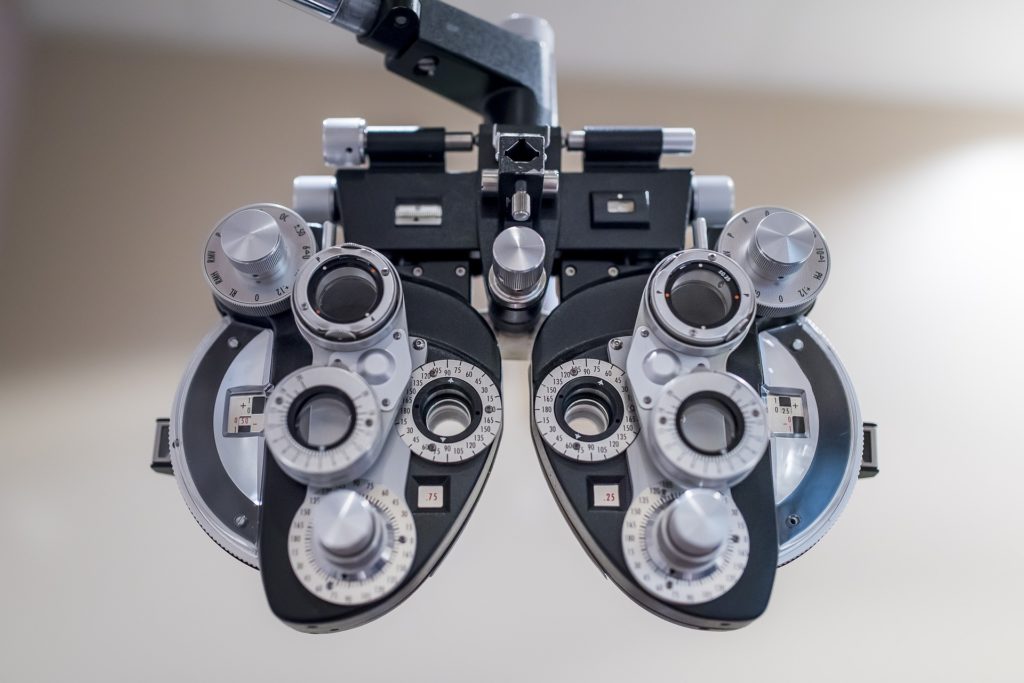
There are around 48 million people caring for adult friends and family members in the United States. These loving individuals do so without pay but with all of the responsibilities of a paid care provider. And sometimes, they need a break or support in ways that their current network can’t offer. This is where you come in. Caregiver support is a crucial service that can help those who help our nation’s most vulnerable.
Today’s quick guide from Patient Talk will cover several topics, including general business formation, where to find workers for your family support endeavors, the types of services you might offer, and how you can ensure that your clients are well taken care of.
Business Formation
In any business, you want to make sure that you have the right protections in place. If you’re going into people’s homes and dealing with individuals on a one-on-one level, a limited liability company is a smart choice as it reduces your personal liability in case of legal issues with your company. An LLC is not difficult to form, and if you don’t mind reading local formation regulations and following best practices, you can establish your LLC online using a formation service instead of paying for an expensive attorney.
Next, it’s time to market your services! You should spread the word via social media, of course, but it’s also a good idea to put together a kind of newsletter or digital pamphlet that contains all the information a prospective client might need. Your best bet is to start in Word, then save it as a PDF. If you need to make changes later, the best solution is to use this free PDF editing tool.
Finding The Right Staff
If your future business (more on that later) needs healthcare workers, a staffing agency can help you find the right certified care specialist, or you can search for them yourself. Make sure you request and check references, since your workers are crucial to your success. Get Smarter suggests that you can look for characteristics such as honesty, professionalism, dependability, and innovation to identify your best candidates.
In Demand Services
The act of supporting family caregivers typically falls under the respite care category. This could be any number of services, from companion care to housekeeping to assistance with skilled nursing needs. You can start a business doing any or all of these programs, each of which is highly in demand and much needed across the US.
Exceptional Customer Service
Regardless of your industry, customer service is crucial. However, when you’re dealing with overworked, underpaid, and overwhelmed individuals, customer service must be handled delicately. In addition to knowing your customers, listening to them, and providing the support they need, you and your employees must be compassionate caregivers, great listeners, and friends. For this reason, you have to make a point to get to know the personality of each employee to ensure they are the right fit for today and in the future.
Supporting Your Staff
You expect your staff to support your customers, but you also have to support your staff, especially those in the medical field. As American Nurse explains, nurses and other medical professionals today experience anxiety, burnout, and other mental health problems at an exceptional level. Make sure that you give your employees plenty of time off and benefits, such as gym memberships, paid vacation time, and mental health services, that can help them live their best life both on and off the clock.
Starting a business supporting caregivers is a great way to secure your future income. But you have to have the right employees, set up your business structure, offer the right services, and support both your customers and your staff if you want to be successful. The above tips can help you get going, but it’s your care and compassion that will help you meet your goals.
Patient Talk is a place for patients and caregivers to discuss the issues that matter most to them. If you have any questions, don’t hesitate to reach out!
Image via Pexels


